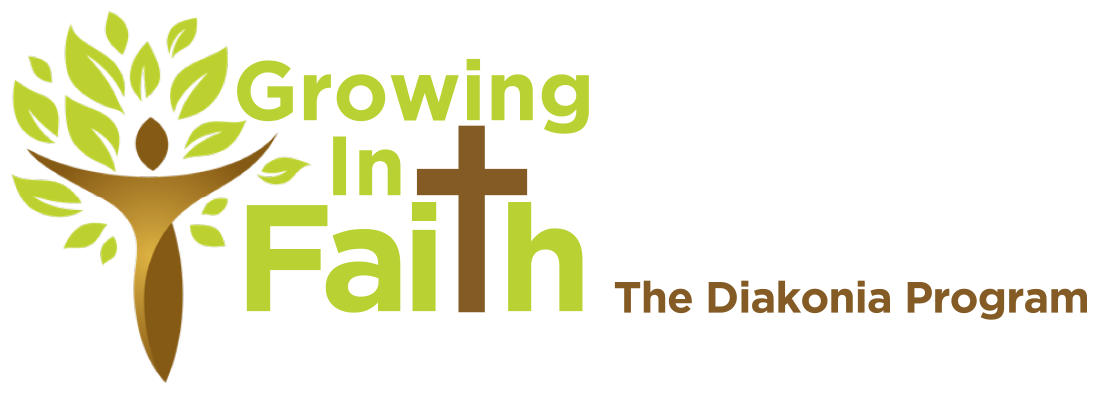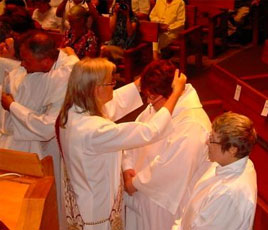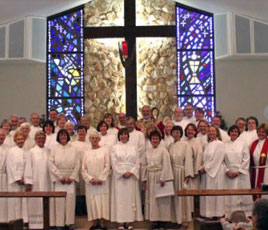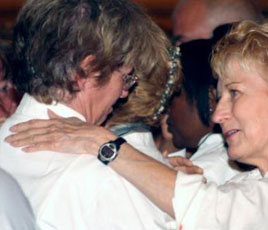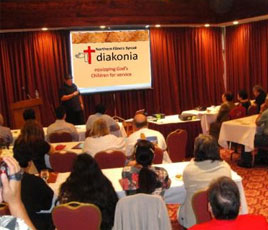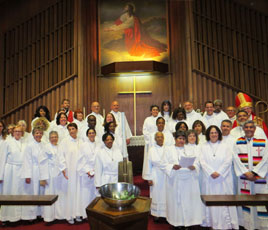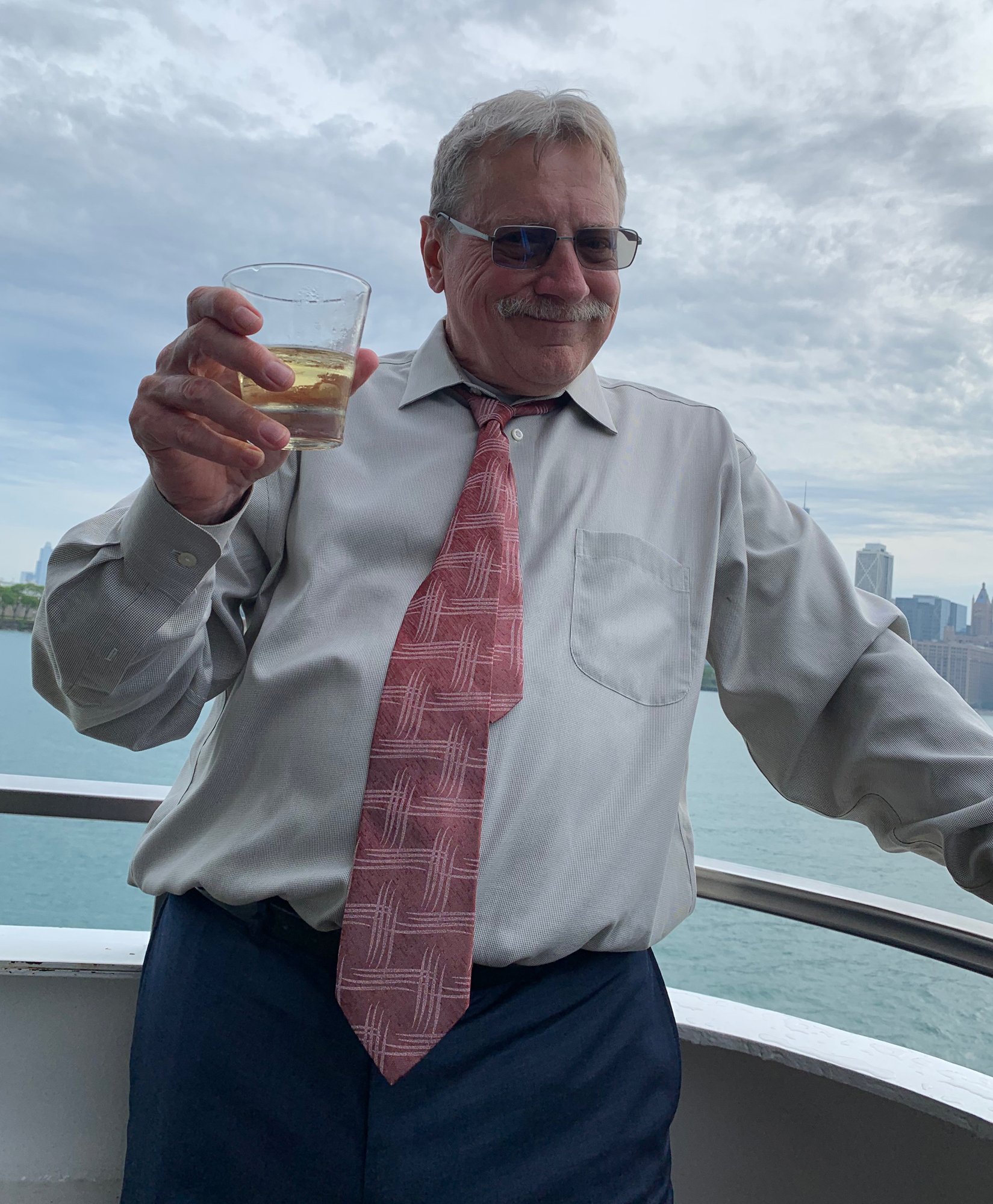
Six Questions and a Cool Beverage with Stephen Bouman!
About me:
I am a Lutheran pastor who has served the church as parish pastor, synodical bishop and national church leader. In each ministry I have retained the heart of a parish pastor. During my twenty years as a parish pastor in and around New York City several highlights emerged which have stayed with me my entire ministry: we started an early childhood program in each parish; we used the arts of faith based community organizing to grow our ministries and connect to our neighborhoods; we welcomed immigrants (and had liturgies in Korean and Spanish); we started the Diakonia program as an investment in lay theological education and mission leadership. Each of our parishes had only one mission statement: “In the name of Jesus we will be responsible for the poor, the stranger, those without the Gospel in our community, and with the wider church, around the world.” I served as a bishop for two terms in the Metropolitan New York Synod, during the time of the September 11 attacks. Nd brought During that time we proclaimed Jubilee (raised the money to cancel 1.5 million dollars of debt to the Mission Investment fund for four congregations effectively serving the poorest of the poor), started my many new ministries in immigrant communities, and our synod served as a leader in New York City for race relations, engaging poverty and immigration. During my years in Chicago as Executive Director for ELCA Domestic Mission we started many new ministries, renovated the Domestic Hunger Program, and brought seven former units together into on Domestic Mission Unit. Janet, my wife, and our three children and four grandchildren are central to the joy and gratitude I have for my life and ministry.
My call to ministry:
In a sense you could say that my call to ministry was “in the water” in that many in my extended family served as pastors and teachers. In the water, in that in my baptism I received a life-long call to follow Jesus. My call was shaped by the issues of the 60’s, the civil rights movement for racial justice, opposing the Viet Nam war, issues of poverty and hunger. I was frustrated by the church’s seeming lack of relevance to all this, and even in seminary I did not worship regularly. I discovered, over time, that activism is hollow, unsustainable, without being undergirded by prayer, liturgy, scripture, the communal life of the parish.
Why Diakonia?
In our first parish in Queens many immigrant neighbors joined our church. We needed leaders who looked like the community we were serving. They were all new Lutherans, and some were new Christians. One Easter Sunday I baptized five extended Korean families. Auburn Seminary had some money and they were trying to get Union Seminary to pay attention to the theological education 9 needs of parishes. So our church was one of four in NY whose leaders spent a year looking at this issues with leaders from Auburn and Union. Then each of us could get funding for a project. I knew we needed a “seminary of the streets,” and Diakonia was born. It served as catechesis, as well as formation for missional leadership. The first class in a church basement in Queens had nine students, mostly immigrants. At this time, the Faith and Order Lima document, “Baptism, Eucharist, and Ministry,” was calling for a revival of the three-fold order of bishop, pastor and deacon.” I participated in this World Council of Churches process, championing a renewal of the diaconate. I still do.
The best part of my ministry now:
I love flunking retirement. After many years as a bishop and national leader, with a 10,000-foot view of things, it has been a great joy to experience ministry at street level again. I am serving some parish interims, and giving my self to projects I care about, which includes working with the SW Texas Synod on immigration issues at the border and working with national Diakonia on a strategic plan. I’m going back to the future. I’m still involved in a decade long peace process with Iran and will be at a meeting in Geneva in August with U.S. and Iranian leaders, a back channel trying to revive the nuclear accords.
A surprise about me: I’m getting to be a pretty good cook.
Three things Diakonia community should keep their eye on:
- The church needs missional leaders. Could God be calling you to a vocation as lay evangelist, catechist, community outreach minister? Is God calling Diakonia to seriously consider certificate programs for graduates of Diakonia to explore these vocations? Take your life of service seriously.
- Keep your eye on the human needs of the most vulnerable in this graceless world. Diakonia means service, and a relevant church will find itself with children at the border, with the poor, the stranger, practicing communal Diakonia. When the world sees us “put in our place” it may give the church another hearing.
- It’s always, first, about Jesus, the Servant Son of God, who thought equality with God not something to be grasped, who emptied himself and became obedient unto death, even death on a cross.
